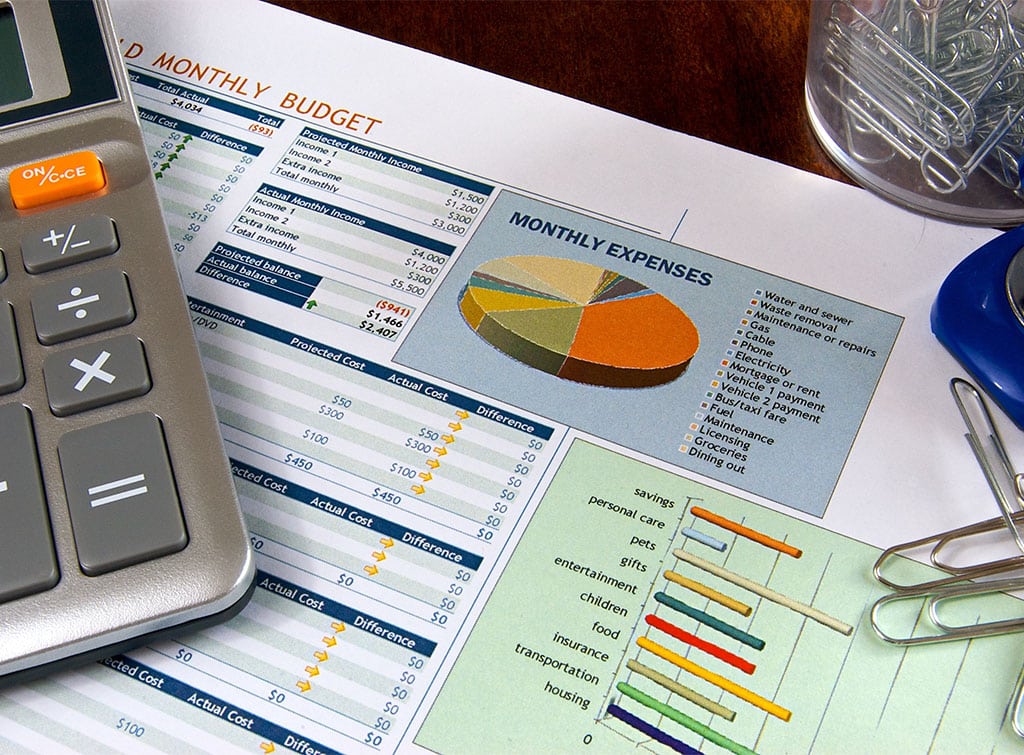How to pay national insurance when self-employed

In this article, we'll cover:
Managing your finances is an important part of running a successful business. So is understanding how national insurance (NI) contributions apply to you when working as a tradesperson.
Looking to brush up on the accounting side of your business? Then read on.
This guide takes you through everything you need to know about NI, including:
- How to register self-employed national insurance; and…
- How you can stay on top of your finances in this area.
In a hurry? Then scroll down to the FAQs below for some quick-fire answers.
Do you have to pay national insurance when self-employed
Paying national insurance tax entitles you to a state pension and other unemployment benefits. Just like employers and workers, self-employed people can be required to pay national insurance contributions (NIC).
Learn everything you need to know about how to pay yourself when you’re self-employed with our expert guide.

What happens if I don’t pay national insurance when self-employed?
If you’re self-employed and don’t pay self-employed NI contributions, you could incur penalties. These can include a fine or having to pay interest.
Gaps in your national insurance record can also impact your ability to claim your state pension. It can also affect other state benefits, including Maternity Allowance.
Learn more about starting your own self-employed pension in our guide.
How much national insurance do I pay self-employed?
How much NI you pay will depend on what class you fall into.
If you’re self-employed and have profits of £12,570 or more a year, you will usually pay Class 2 and Class 4 National Insurance rates.
Self-employment national insurance rates for 2023 – 2024 are as follows:
- Class 2: £3.45 a week
- Class 4: 9% on profits between £12,570 and £50,270 and 2% on profits over £50,270
It’s best to visit the government website to find out your official employment status and how to pay. But for more helpful advice, check out our guides to self-employed tax rates and freelancing taxes.
Grow your business with the #1 trade directory
And enjoy a range of member benefits too

Voluntary national insurance
If you’re self-employed and don’t pay NI, you can choose to make voluntary payments to fill gaps in your NI records. These would fall into the Class 3 bracket. Gaps can happen due to you:
- If you’re unemployed and not claiming any benefits
- Should you have been employed but not earning enough to pay national insurance
- For those who are self-employed but not making enough profit to pay national insurance
- When people have been living abroad
You can check for gaps in your records. And if you’re eligible to make voluntary contributions by visiting the government website.
You might also choose to make voluntary contributions to get a higher state pension. Keep in mind that you’ll need to have 35 qualifying years of NI contributions to receive the full pension. And a minimum of 10 years to receive a reduced pension.
If you had small business profits at certain points in time, you could decide to make voluntary NI payments in this instance. Class 3 contributions can be paid at a weekly rate of £17.45.
So, you're running a business?
Pass our checks and be seen as a business to hire by customers
Get startedHow to pay national insurance when self employed
NI is usually paid through your annual self-assessment tax return which reports your untaxed income to HMRC. This will consider all incomings and outgoings for your business from the past year.
You can fill out and submit your self-assessment form online through the HMRC website. It’s vital that you document your financial records regularly. This will not only make your life easier but also ensure you can complete the form properly.
If you’re a sole trader, you’ll need to bookkeep:
- Your expenses
- Invoices
- Other business income from selling off assets like equipment or property
If you manage a limited company, you’ll need these plus a few extra documents including:
- Your P60 – this shows the tax you paid in the past tax year
- Your P11D – this is only applicable if you have employees who get certain benefits like a company car, for example
Don’t forget to keep an eye on the deadlines for filing your self-assessment form. This is usually around October. But it’s best to double-check so you know the exact dates.
If you’re struggling to keep on top of finances, it might be a good idea to hire an accountant for help. Read our guide for more information on accountancy services.
If you miss the deadline, you could be fined by HMRC. This is usually £100 for a three-month delay and can rise if you wait even longer.
Bear in mind that it generally takes between five days and eight weeks for HMRC to process a self-assessment. So it’s best to complete your form sooner rather than later.

FAQs
Is there any difference between limited company national insurance versus sole trader national insurance?
There is a slight difference in how NI works. This depends on your business structure. Sole trading means you’ll be paying Class 2 or Class 4 contributions depending on your profits.
For a limited company, you’ll have to pay the employer’s Class 1A or 1B National Insurance on salaries and staff as well. For more information on running a limited company, check out our guide.
What benefits do my NI contributions pay for?
NIC pay for several benefits including:
- Maternity Allowance
- Contribution-based/New Style Jobseeker’s Allowance (JSA)
- Contribution-based/New Style Employment and Support Allowance (ESA)
- Bereavement Benefits
- Basic State Pension
Grow your business with the #1 trade directory
And enjoy a range of member benefits too
Content Disclaimer: This content has been created for general information purposes and should not be taken as formal advice. Read our full disclaimer here.



No comments yet!